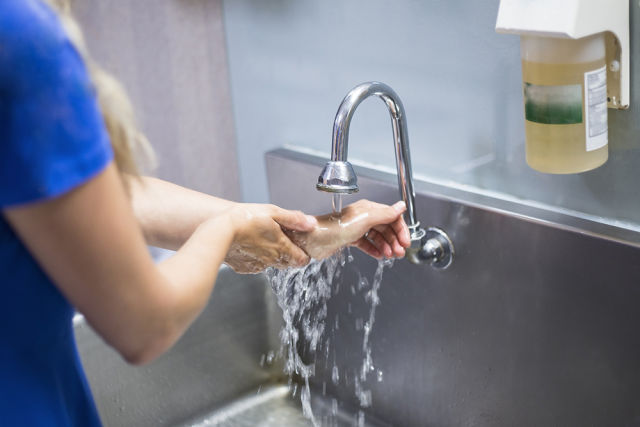Heatrae Sadia offers insights into healthcare compliance

Heatrae Sadia has published a guide to help industry professionals comply with Heath Technical Memorandum (HTM) 04-01. Titled ‘Taking the pain out of hot water in healthcare’ the document is aimed at NHS facilities managers, care home professionals, and management.
Healthcare professionals have a number of water provision issues to consider, including the rise of Legionnaire’s disease, keeping energy bills and maintenance to a minimum by investing in new and improved equipment, and preventing ‘never events’ from happening – including serious incidents such as scalding.
HTM 04-01 addresses all of these technicalities, covering design, installation, commissioning and operational management, paying close attention to the risk of waterborne pathogens such as legionella. However, its commitment to covering every aspect of healthcare provision in minute detail makes HTM 04-01 a challenging and sometimes inaccessible document.
Simon Russell, national sales manager at Heatrae Sadia, says: “With many technicalities to be aware of, there is an increasing need for simple and compliant solutions. We’ve aimed to develop content that ticks all the boxes in an easy and understandable format, saving invaluable time for busy healthcare professionals.”
The document is downloadable from the Heatrae Sadia website.







